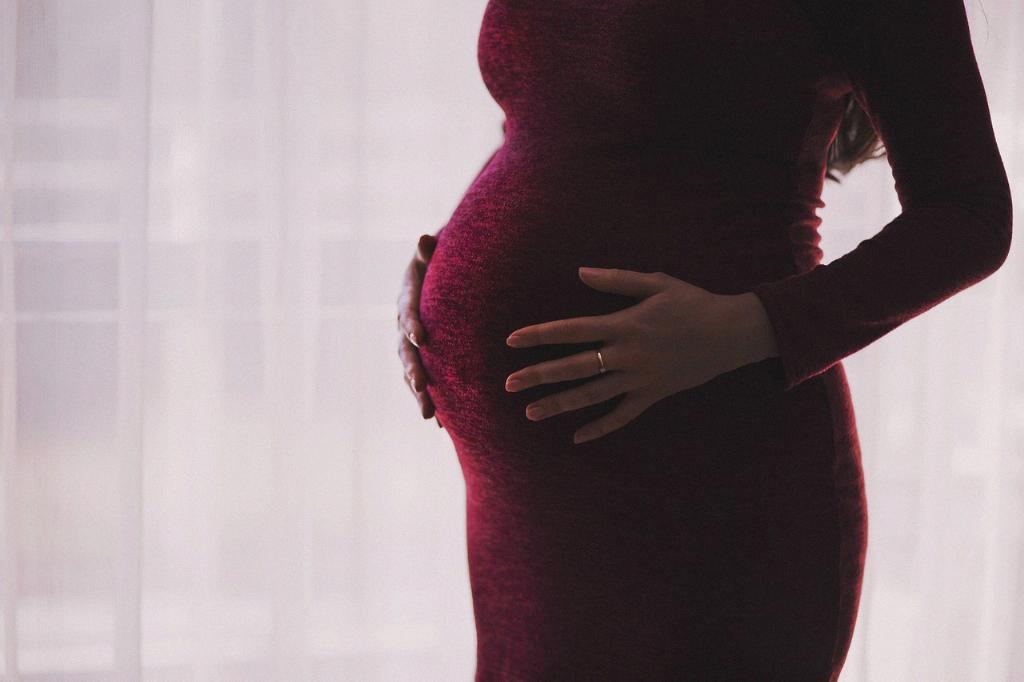One of the most commonly asked questions by women who have undergone a cesarean section is the likelihood of a successful pregnancy post-surgery. This concern is valid, as the method of delivery can sometimes impact a woman’s future fertility. Understanding the statistics and success rates can provide insight into what to expect when trying to conceive again.
Research Insights
Research involving nearly 2,500 individuals shed light on the topic, revealing that approximately 69 percent of women were able to conceive again within three years after having a C-section. Comparatively, around 76 percent of women who had vaginal births were able to conceive within the same timeframe.
Factors Influencing Pregnancy Success
Several factors can influence the success of pregnancy after a C-section. The age of the mother, overall health, any underlying medical conditions, and the reason for the previous cesarean section all play crucial roles in determining the likelihood of conceiving successfully.
Impact of Multiple C-sections
For women who have had multiple C-sections, the likelihood of a successful pregnancy can be affected. Scar tissue from previous surgeries, also known as adhesions, may impact the functioning of the reproductive organs, potentially affecting fertility.
Time Interval Between C-sections
The time interval between C-sections can also impact pregnancy success rates. It is generally recommended to wait at least 18 to 24 months before attempting a subsequent pregnancy to allow the body to heal fully and reduce the risks associated with pregnancy after a C-section.
Consultation with Healthcare Provider
Before embarking on a journey to conceive after a C-section, it is advisable to consult with a healthcare provider. They can provide personalized guidance based on individual circumstances, conduct necessary evaluations, and offer recommendations to optimize the chances of a successful pregnancy.
Reducing Risks
There are steps that women can take to reduce the risks associated with pregnancy after a C-section. Maintaining a healthy lifestyle, including a balanced diet, regular exercise, and adequate prenatal care, can positively impact pregnancy outcomes.
Emotional Considerations
Emotional well-being is also a crucial aspect to consider when contemplating pregnancy after a C-section. Previous birth experiences, anxiety surrounding childbirth, and concerns about potential complications can affect a woman’s mental health during this period.
Support System
Building a strong support system that includes understanding family members, friends, and healthcare professionals can greatly benefit women navigating pregnancy after a C-section. Emotional support and practical assistance can alleviate stress and promote overall well-being.
Education and Awareness
Increasing awareness about the factors influencing pregnancy success after a C-section and educating women about potential challenges and strategies for addressing them can empower individuals to make informed decisions about their reproductive health.
Celebrating Success Stories
It is important to acknowledge and celebrate success stories of women who have had successful pregnancies after C-sections. Sharing experiences, offering encouragement, and fostering a sense of community can inspire hope and resilience among individuals facing similar journeys.
In Conclusion
While the success rate of pregnancy after a C-section may vary based on individual circumstances, being informed, proactive, and supported can enhance the likelihood of a positive outcome. By prioritizing physical and emotional well-being, seeking guidance from healthcare providers, and fostering a strong support network, women can navigate the journey of conceiving after a C-section with confidence and optimism.

